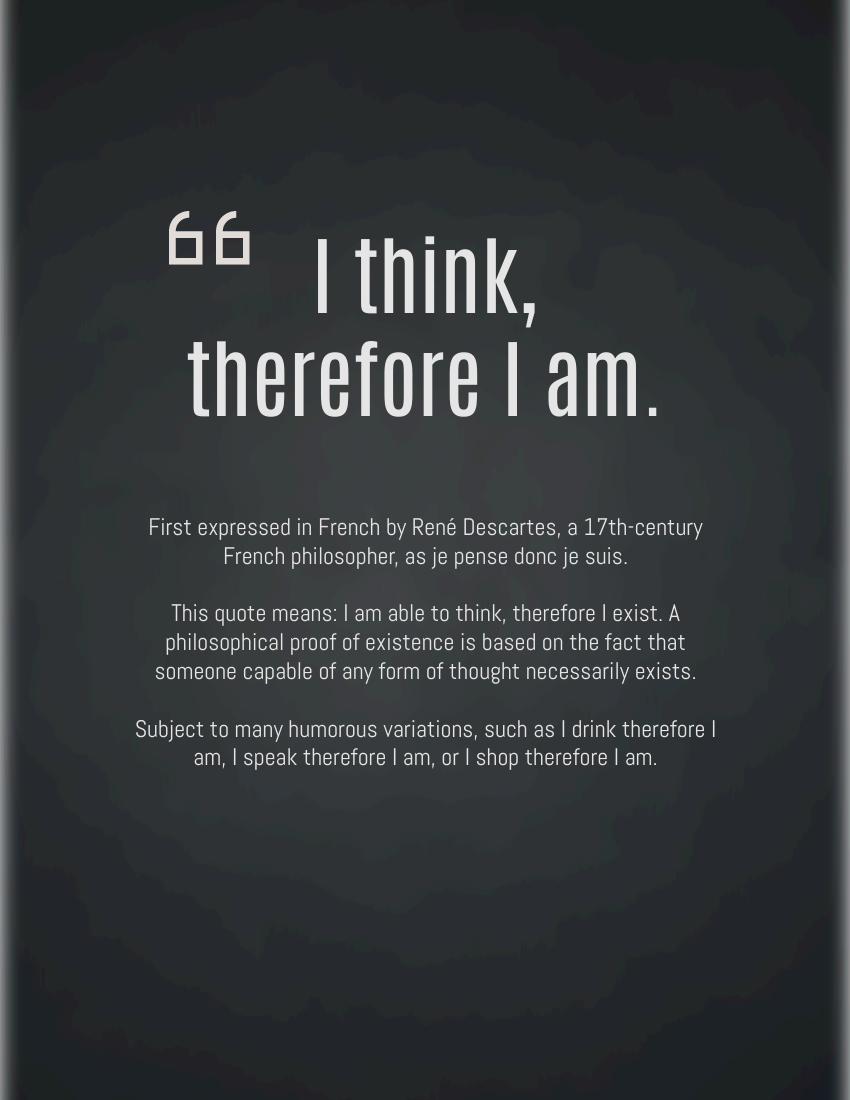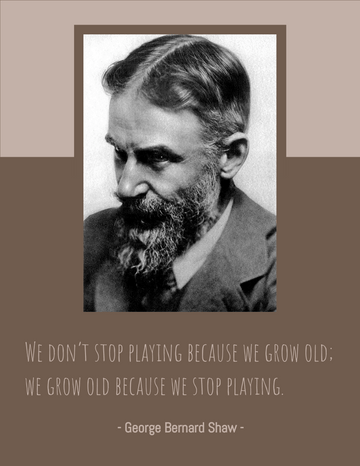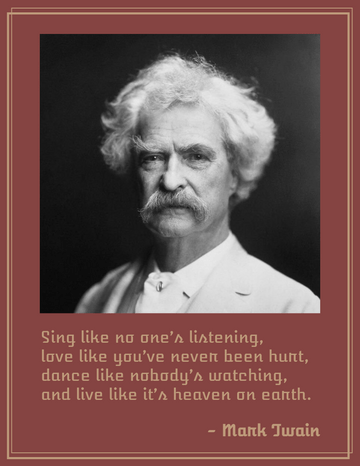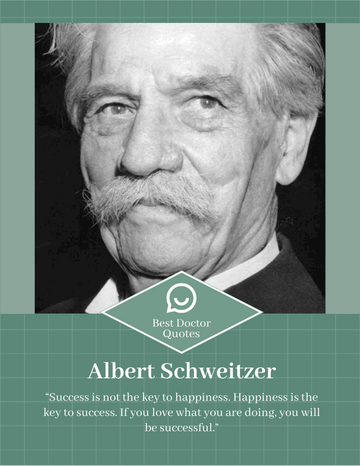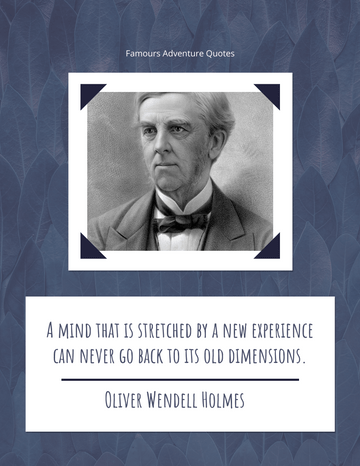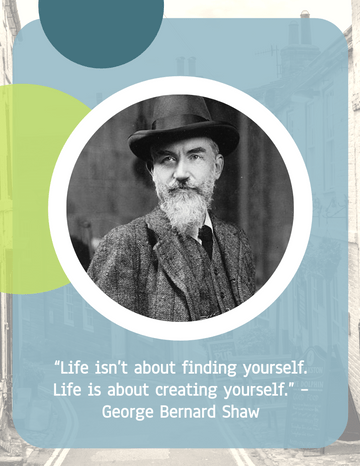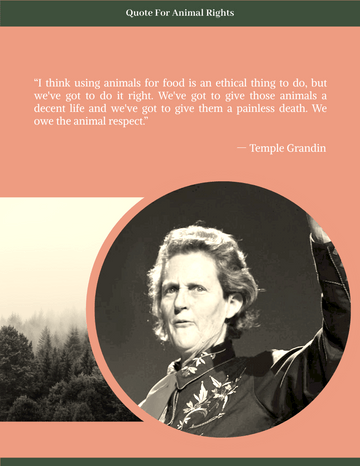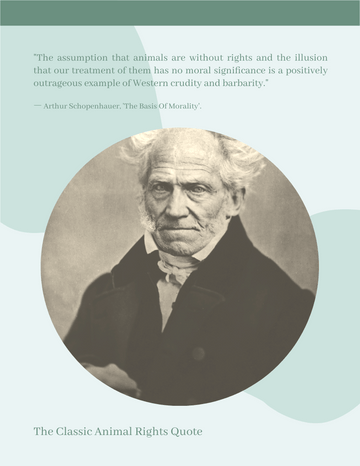I think, therefore I am. -René Descartes
René Descartes was a French philosopher, mathematician, scientist, and lay Catholic who invented analytic geometry, linking the previously separate fields of geometry and algebra. He spent a large portion of his working life in the Dutch Republic, initially serving the Dutch States Army of Maurice of Nassau, Prince of Orange, and the Stadtholder of the United Provinces. One of the most notable intellectual figures of the Dutch Golden Age, Descartes is also widely regarded as one of the founders of modern philosophy.
"I think, therefore I am."
First expressed in French by René Descartes, a 17th-century French philosopher, as je pense donc je suis.
This quote means: I am able to think, therefore I exist. A philosophical proof of existence is based on the fact that someone capable of any form of thought necessarily exists.
Subject to many humorous variations, such as I drink therefore I am, I speak therefore I am, or I shop therefore I am.
The Latin cogito, ergo sum, usually translated into English as "I think, therefore I am", is the "first principle" of René Descartes's philosophy. He originally published it in French as je pense, donc je suis in his 1637 Discourse on the Method, so as to reach a wider audience than Latin would have allowed. It later appeared in Latin in his Principles of Philosophy, and a similar phrase also featured prominently in his Meditations on First Philosophy. The dictum is also sometimes referred to as the cogito. As Descartes explained in a margin note, "we cannot doubt of our existence while we doubt." In the posthumously published The Search for Truth by Natural Light, he expressed this insight as dubito, ergo sum, vel, quod idem est, cogito, ergo sum ("I doubt, therefore I am — or what is the same — I think, therefore I am"). Antoine Léonard Thomas, in a 1765 essay in honor of Descartes presented it as dubito, ergo cogito, ergo sum ("I doubt, therefore I think, therefore I am").
Descartes's statement became a fundamental element of Western philosophy, as it purported to provide a certain foundation for knowledge in the face of radical doubt. While other knowledge could be a figment of imagination, deception, or mistake, Descartes asserted that the very act of doubting one's own existence served—at a minimum—as proof of the reality of one's own mind; there must be a thinking entity—in this case the self—for there to be a thought.
One critique of the dictum, first suggested by Pierre Gassendi, is that it presupposes that there is an "I" who must be doing the thinking. According to this line of criticism, the most that Descartes was entitled to say was that "thinking is occurring", not that "I am thinking".
Click here to read the flipbook.


